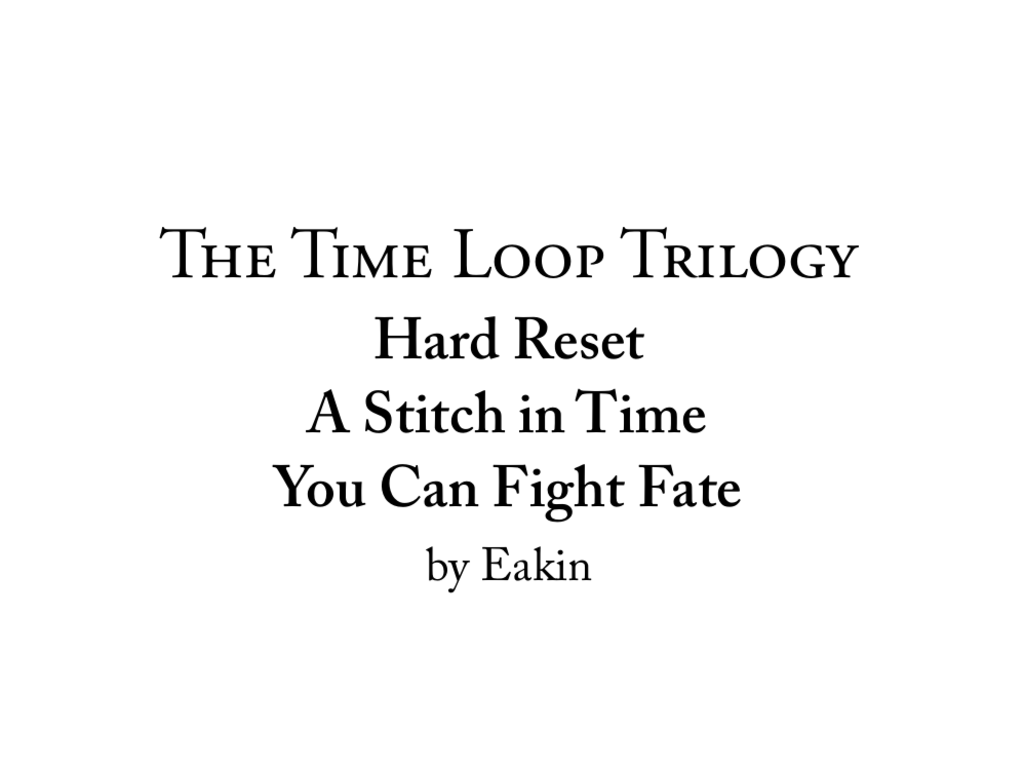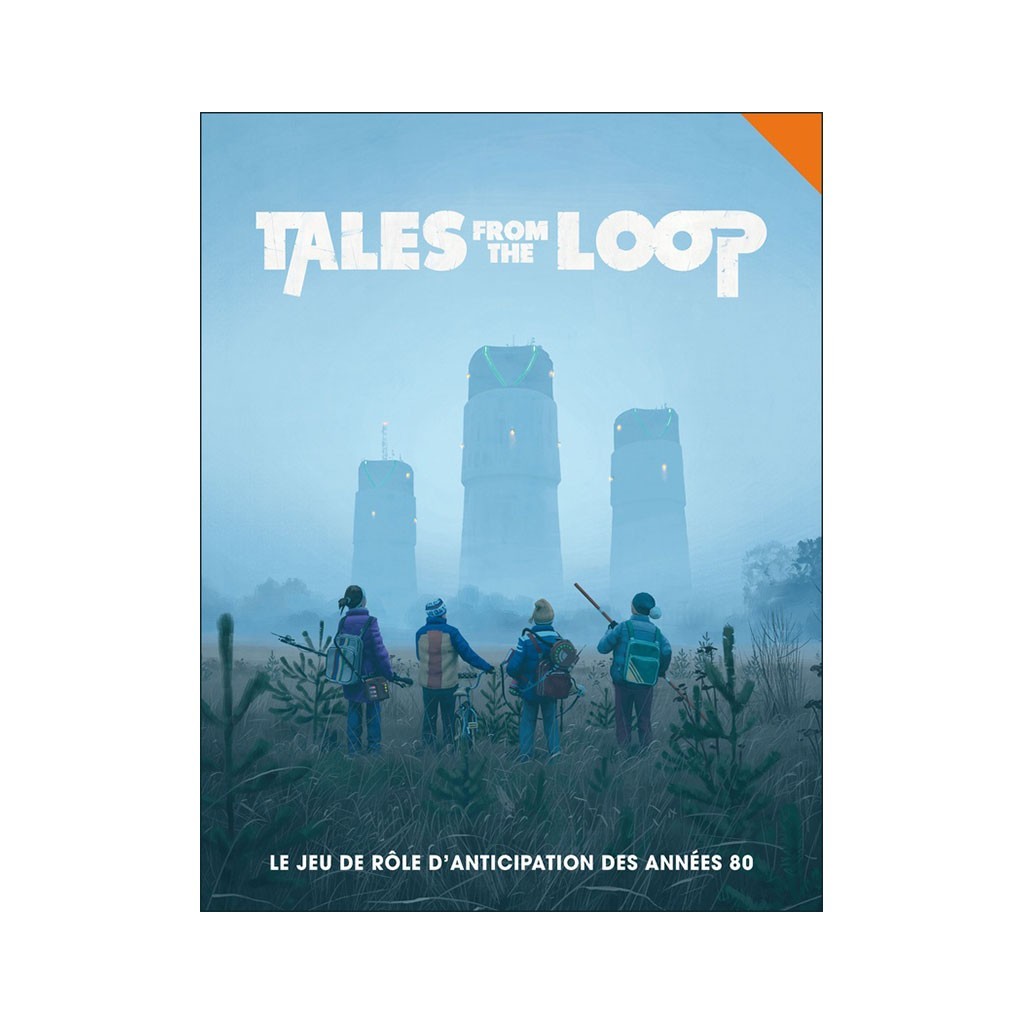

Ultramarine is culled from four years of diaries, whereas Camp Marmalade and The Pink Trance Notebooks are one year apiece. So, I’d say that Ultramarine is more somber than The Pink Trance Notebooks and Camp Marmalade, partly because the composition of Ultramarine took much, much longer.

That’s a writing rhythm I noticed in my book The Anatomy of Harpo Marx-how giddy the first four chapters are and how somber and death-driven the later ones are.

Wayne Koestenbaum: In all of my long projects, there’s a movement from optimism and exaltation to a certain bittersweet sobriety by the end. Is there really a conclusion to a trilogy based in trance? I’m particularly interested in how you see Ultramarine fitting into the arc of the trilogy. Patrick Davis: You’ve just published the third of your trance notebooks, Ultramarine, with Nightboat Books. Here Koestenbaum reflects on his various obsessions-color, kink, the Northeast corridor, Gertrude Stein-and his signature “trance poetics.” (His poem, “,” was just featured in Harvard Review 59.) In an interview with Patrick Davis, he discusses his recently completed trilogy of “trance notebooks”: The Pink Trance Notebooks, Camp Marmalade, and, this February, Ultramarine. Wayne Koestenbaum is an essayist, professor, public intellectual, and poet. His life has never been anything but a sea of darkness yet, whenever he's with Igby, it seems to shine brighter.“I have a crush on the world to some extent”: An Interview with Wayne Koestenbaum He finally has someone to talk to, someone to play with, someone to love a little more with each passing day. Pod's life changes when a new inmate called Igby arrives to the Loop.



 0 kommentar(er)
0 kommentar(er)
